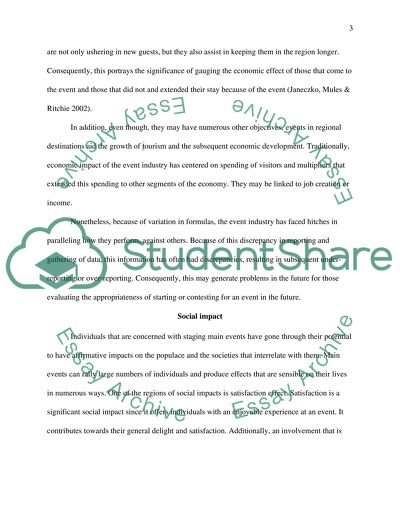Cite this document
(The Events Industry - Economic, Social, Technological, Environmental Research Paper, n.d.)
The Events Industry - Economic, Social, Technological, Environmental Research Paper. Retrieved from https://studentshare.org/macro-microeconomics/1680914-event-management
The Events Industry - Economic, Social, Technological, Environmental Research Paper. Retrieved from https://studentshare.org/macro-microeconomics/1680914-event-management
(The Events Industry - Economic, Social, Technological, Environmental Research Paper)
The Events Industry - Economic, Social, Technological, Environmental Research Paper. https://studentshare.org/macro-microeconomics/1680914-event-management.
The Events Industry - Economic, Social, Technological, Environmental Research Paper. https://studentshare.org/macro-microeconomics/1680914-event-management.
“The Events Industry - Economic, Social, Technological, Environmental Research Paper”, n.d. https://studentshare.org/macro-microeconomics/1680914-event-management.


